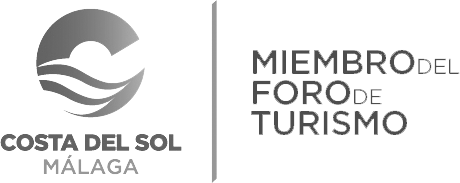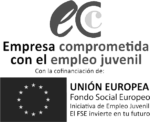Every company should have a crisis plan at hand at all times.. And especially tourism companies and destinations, since, as we know, there is nothing more sensitive to any type of incident than tourism. It is in situations where a tourist destination faces a crisis that it becomes more necessary than ever to develop communication campaigns to recover tourist flows and, if possible, strengthen them.
Communication strategy for tourism recovery
The importance of using a good communication strategy in connection with tourism recovery, which in turn can act as an engine for the economic and social recovery of the affected territory.This is again highlighted now that we have to deal with the effects of the "coronavirus pandemic" on the tourism sector.
To address the situation and guide tourism recovery action, systematic and interrelated action is needed in three areas:
- Reconstruction.
- Prevention
- Communication.
Taking into account the special characteristics of crisis communication, Ideally, it is always best to build on the experience of communication operations carried out by other bodies and institutions. when facing a crisis in order to design and establish strategies for action, as already indicated by the World Tourism Organisation (UNWTO) in his handbook on crisis communication published a few years ago.
Therefore, at this early stage of the pandemic, in which the tourism sector appears to be one of those most affected by the crisis, it is necessary to stress that tourism is the main economic activity in our environment, with the idea that as soon as the alarm period is over, tourism activity can begin to re-establish itself, which, due to its impact on employment and its multiplying effect on other economic sectors, is the most effective and fastest way to restore livelihoods and the social fabric.
communication is a crucial element in these cases
As indicated by the UNWTO, communication is a crucial element in these cases and the most pressing aspect of recovery once the situation has been overcome.. In fact, although the current situation is unprecedented, it has been demonstrated that the promotional actions carried out by Destination Marketing Organisations after a crisis help to reduce the negative effects in the short term and ensure that recovery comes more quickly.
The major challenges that crisis situations can pose to the tourism sector are well known. Tourism is a resilient sector that often shows significant resilience after crisis situations, as has already been shown in cases of terrorist attacks and natural disasters.. Even so, in the short term, the negative impacts on the sector could be enormous.
Communication is a crucial element of a good crisis management system and helps to limit the negative impact of a crisis by addressing the information needs of all actors in the sector in an efficient, timely and responsible manner.
In any case, the situation we face is complex. There is no precedent for a crisis so widespread and with so much impact on tourism. The closest thing could be the crisis generated by the H1N1 virus, a new type of influenza, easily transmissible from one person to another, first detected in Mexico in April 2009. Because of human-to-human transmission and widespread media coverage, the travel and tourism sector was hit particularly hard. In Mexico alone, the economic cost exceeded €3 billion, half of which was borne by the tourism sector.
Given the diverse, fragmented and independent nature of the tourism sector, as well as the fragility of tourism flows in relation to perceived risks or crises, actual or potential, four general principles should underpin crisis management in tourism:
1.-Coordination. Crisis management needs to be carried out with a co-ordination approach involving local businesses, tour operators, appropriate tourism organisations and all municipal areas with some form of competence on issues affecting the tourism sector.
2.-Collaboration. Eliminate conflicts that may arise between the different actors involved and encourage public-private collaboration.
3.-Communication. Lack of confidence on the part of tourists and a damaged destination image can threaten the sustainability of tourism and jeopardise long-term economic viability. Given the usual negative response of tourists to crisis situations, the emphasis in both the short and medium term should be on promotion and communication.
4.-Commitment. It is necessary to work with the awareness that together we will get out of the crisis, but also that everyone's effort is needed to do so.
On these four pillars, the tourism sector has to launch its recovery process and, once again, this process will have to go hand in hand with communication.





